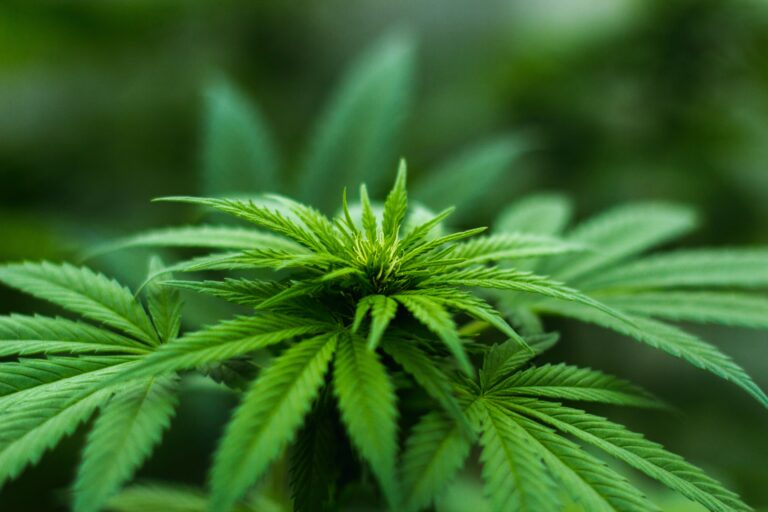Is Cannabis Legal in Belarus?
In Belarus, cannabis is illegal for both recreational and medicinal purposes. The country has strict drug laws and a zero-tolerance policy towards the use, possession, cultivation, and distribution of marijuana. This article explores the legal status of cannabis in Belarus, public opinion on its use, and the penalties for breaking the law.
What is the Public Opinion on Cannabis in Belarus?
Despite the strict drug laws in the country, cannabis use remains relatively prevalent among young people in Belarus. However, due to the severe penalties associated with drug use, public opinion on the legalization of marijuana is generally negative. There is a fear of increased drug addiction and social problems if cannabis were to be legalized. That said, there is a growing interest in the potential benefits of medical marijuana and CBD products, particularly among those suffering from chronic pain and other debilitating conditions.
What are the Laws, Penalties, and Law Enforcement Regarding Cannabis in Belarus?
Belarus has some of the harshest drug laws in Europe. The use, possession, cultivation, and distribution of cannabis are all strictly prohibited, and penalties can be severe. Penalties for drug-related offenses in Belarus include:
- Use and possession: Up to 5 years in prison for possession of small amounts, up to 8 years for larger amounts.
- Cultivation: Up to 8 years in prison for growing any amount of cannabis.
- Drug trafficking: 5 to 15 years in prison, with potential life imprisonment for particularly severe cases.
Law enforcement agencies in Belarus are vigilant in their efforts to combat drug use and trafficking. There have been numerous cases of individuals receiving lengthy prison sentences for relatively minor drug offenses. It is essential for those visiting or living in Belarus to be aware of and abide by the country’s drug laws to avoid severe penalties.
What is Marijuana Called in Belarus?
In Belarus, marijuana is commonly referred to as канапля (kanaplya) or ганджубас (handzubas). These terms are used to describe the cannabis plant and its various products, including dried flowers, hashish, and cannabis oil.
What is the Legal Status of CBD in Belarus?
Cannabidiol (CBD), a non-psychoactive compound found in cannabis, is also illegal in Belarus. Despite its growing popularity in other countries for its potential therapeutic benefits, CBD products are not permitted for sale or use in Belarus. This includes both CBD oil and hemp-derived products, even if they contain little to no THC.
Is Medical Marijuana Allowed in Belarus?
Medical marijuana is not allowed in Belarus. The country has not recognized the potential therapeutic benefits of cannabis and does not permit its use for medicinal purposes. Patients suffering from chronic pain or other debilitating conditions do not have access to medical marijuana or CBD products, leaving them with limited treatment options.
What are the Cannabis Cultivation Regulations in Belarus?
Cannabis cultivation is strictly prohibited in Belarus, regardless of the intended use or amount being grown. Those caught growing cannabis plants can face up to 8 years in prison. This includes both personal cultivation for recreational use and large-scale operations intended for distribution.
How do Government Laws and Links Relate to Cannabis in Belarus?
Belarus’ strict drug laws are reflective of the country’s broader political climate. The government, led by President Alexander Lukashenko, has maintained tight control over the nation’s policies and institutions since coming to power in 1994. This includes maintaining a zero-tolerance approach to drug use and trafficking, which is unlikely to change in the foreseeable future.
As a result, those advocating for cannabis reform in Belarus face significant challenges in their efforts to promote legalization or decriminalization. While public opinion on the issue may evolve over time, the current legal status of cannabis in Belarus remains firmly entrenched, and individuals should be aware of the risks and penalties associated with its use.
